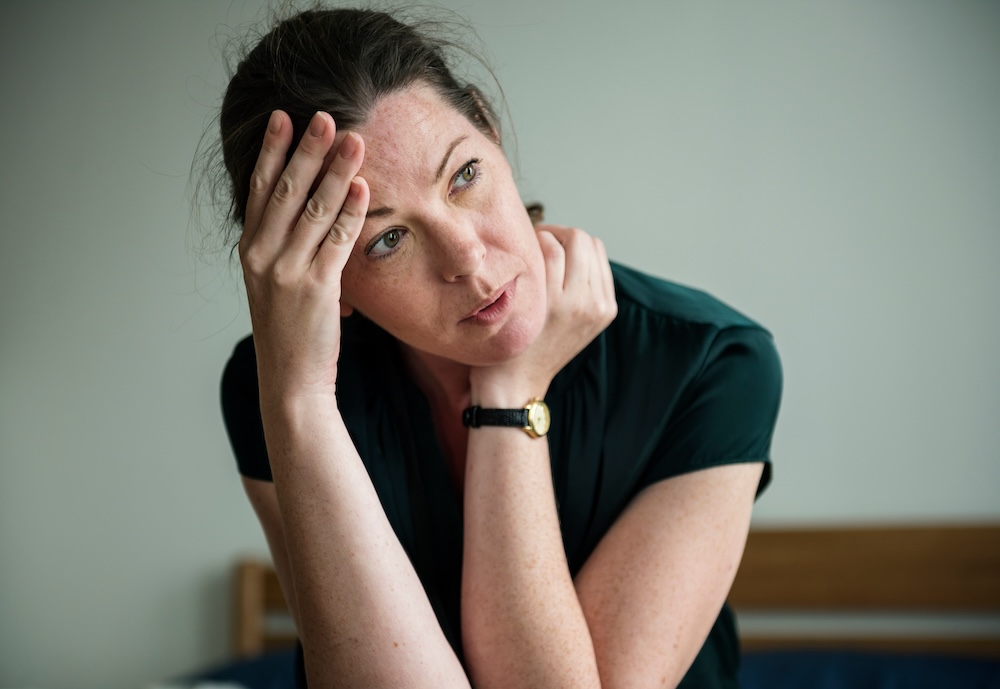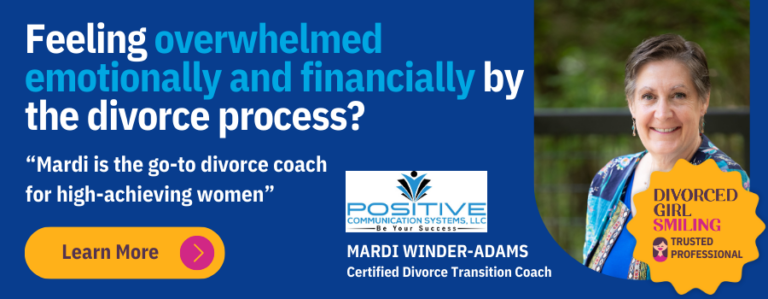As a divorce coach, I have the opportunity to walk with my clients through their divorce process. While all divorces start and end at the same points, the route between the decision to end the marriage and the finalization of the divorce is unique to each couple. Ever heard of the ripple effect?
The ripple effect is something that can happen to those getting divorced, especially in cases that initially looked like an amicable and “easy,” which then turned into a complex, highly emotional, and contested battle that drags on for months or years.
Divorce is a Life Changing Event
It is essential for anyone going through the divorce process to understand that this is a significant life change. The Holmes Rahe Stress Inventory ranks divorce as the second most stressful life event, with only the death of a spouse ranking higher.
Consider how we deal with grief after the loss of a loved one. We take time off work, give ourselves permission to grieve, and often reconnect with ourselves and those we love to help get through the loss. People typically treat us with more patience, kindness, and empathy as they know we are grieving.
Now, consider how we go through divorce. Most high-achieving women I work with use the good old “I can power through anything” approach to their divorce. They don’t take time off work; they put on their game face and attempt to go about life as usual. They often avoid reaching out to friends and family, limiting their support network, and usually try to keep the divorce as private as possible.
In a nutshell, they believe that they can compartmentalize their divorce in their “personal life” bucket and that it will not impact their professional, spiritual, emotional, physical, and mental health buckets.
I am here to say this approach does not work, and the ripple effect of divorce spreads everywhere despite our best efforts to keep it neatly contained.
Let’s look closer at how divorce impacts our lives and why we need to recognize this as a reality.
Productivity and Decision Making
There are more than a handful of studies about the link between productivity and divorce. Most people report that the stress of the divorce makes it difficult to maintain productivity and be as effective in decision making as they were before the beginning of the divorce. In a 2022 study published in Personnel Psychology, 44% reported they agreed or strongly agreed that divorce negatively impacted their professional lives.
Going through a divorce means making hundreds of decisions. Some are small, and some are big, but each of those decisions can trigger strong emotional reactions, second guessing, and what-iffing, all of which lead to decision burnout and mental fatigue.
I think it is only fair to point out that going through a divorce means having to deal with legal issues, difficult partners, meetings, and managing all the documentation requests throughout the process. This typically means taking time off work to get things done or trying to deal with them at work.
In addition, if you are the primary caregiver for the children during the separation and divorce, you may need additional time to help the children, deal with behavioral changes, and be present for your kids when they need you the most.
The Ripple Effect of Divorce
Emotional and Mental Impact of Divorce
Divorce can bring up feelings of shame, guilt, embarrassment, humiliation, anger, frustration, sadness, depression, and anxiety (sometimes at unexpected times and levels). There can also be feelings of helplessness, hopelessness, and a sense of being emotionally disconnected from people around you. You may be worried about financial stability in the future and trying to manage on your own after decades of marriage.
These states do not just occur in your personal life. They are the thoughts and feelings you experience, and you cannot simply turn them on and off. These feelings can also be triggered by comments at work and interactions with peers, clients, customers, supervisors, friends, and family members.
Many women I work with talk about feeling like they are in a fog. They feel mentally exhausted, particularly when divorcing a difficult partner or someone hell-bent on “winning” the divorce at all costs.
Physical Health
Caring for your physical health when you are under stress is never easy. Individuals going through divorce tend to take more sick leave, and women going through divorce are at a higher risk for heart attack, weakened immune systems, metabolic problems, and weight loss or gain.
Women going through peri-menopause or menopause and divorce tend to experience increased issues with hot flashes, night sweats, and all the other symptoms associated with this time of life.
As a woman, it is essential to care for yourself through divorce and to realize it will impact your life in ways you may not have planned or considered. Recognizing and accepting that divorce will invade all areas of your life isn’t easy, but it lets you be proactive in setting yourself up for success.




















